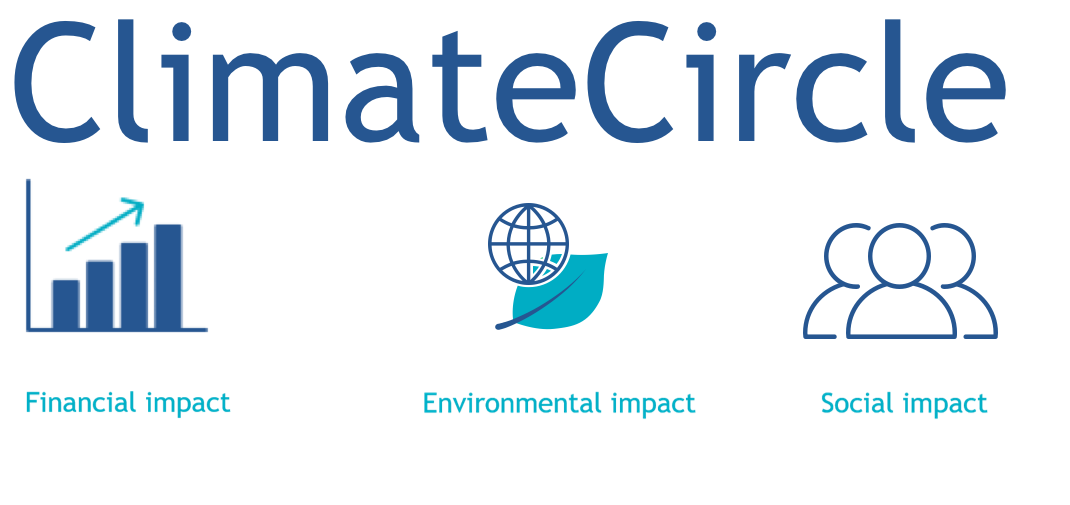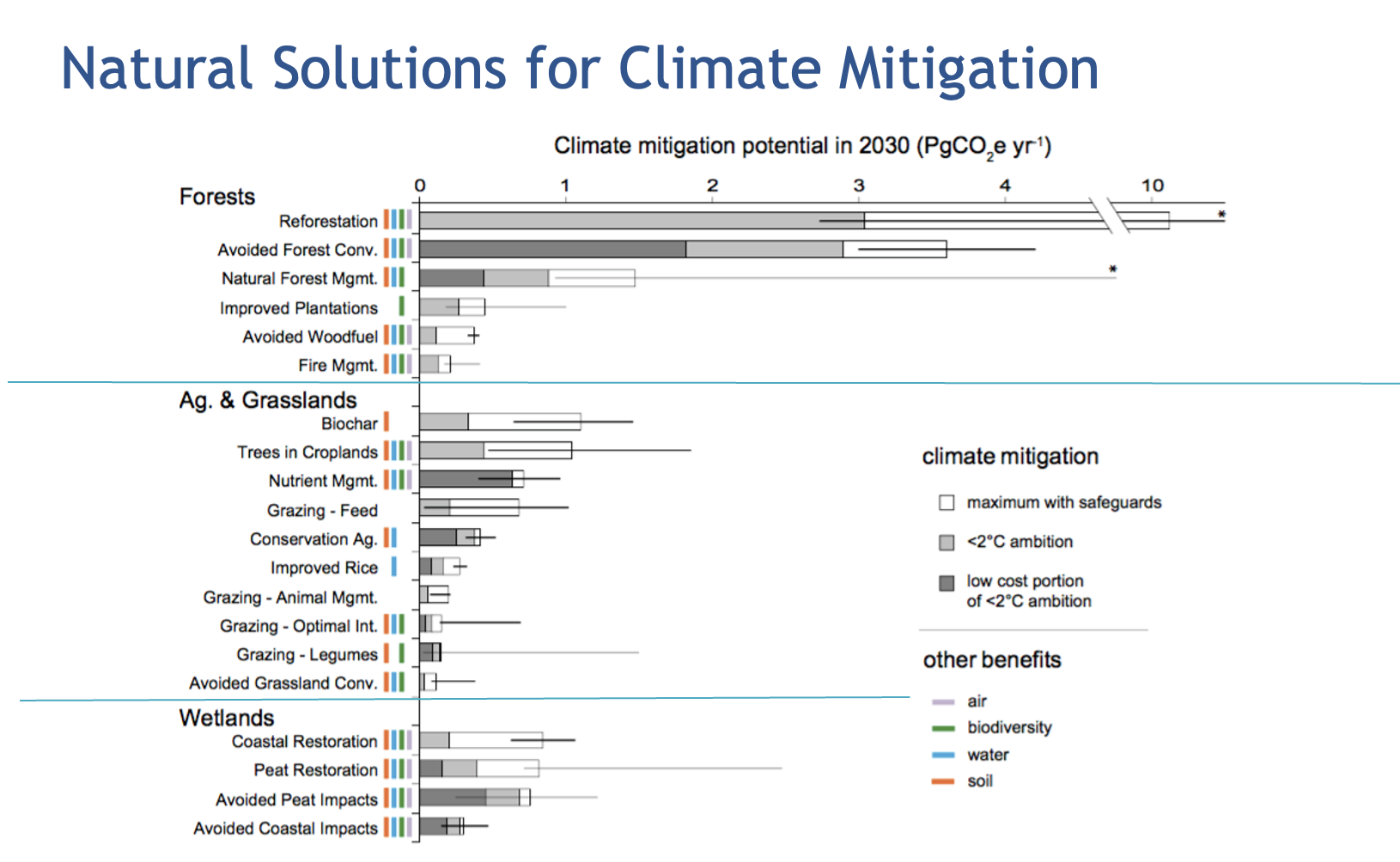Sharing insights related to investing in nature-based solutions
Over the past years I deep dived into opportunities in investing in nature-based solutions. Including organizing and event with a focus on ‘investing in forestry, for impact, profit and scale’ and after that I supported several families in investing scalable solutions and pioneering business models in the space. I screened over 100 deals related to nature-based solutions, read loads of articles on this topic and happy to share lessons learned. Part 1 of the introduction into investing in NBS.
Definitions Invest in Nature for Different Effects
We can use some definitions to narrow the investment scope
• “Natural climate solutions are conservation, restoration and improved land management actions that increase carbon storage or avoid greenhouse gas emissions in landscapes and wetlands across the globe1”
• Natural capital: The world stock of natural assets, including geology, soil, air, water and all living things3. For example, soil (natural capital) contributes to agricultural production in combination with experience (human capital) and tools (manufactured capital) to produce ecosystem goods and services that provide benefits to people.
• Ecosystem services: the benefits people obtain from ecosystems are for example clean water, food, fuel, pollination, recreation coastal protection by mangroves
• “Nature-based Solutions (NbS) are defined by IUCN as “actions to protect, sustainably manage, and restore natural or modified ecosystems, that address societal challenges effectively and adaptively, simultaneously providing human well-being and biodiversity benefits2”
We face several challenges: How to mitigate and adapt to climate change? How to protect biodiversity and human wellbeing? (4)
• Working with nature, rather than against it, can further pave the way towards a more resource efficient, competitive, and greener economy. It can also help to create new jobs and economic growth, through the manufacture and delivery of new products and services, which enhance the natural capital rather than deplete it.
• Nature-based solutions can tackle both climate change mitigation and adaptation challenges at relatively low-cost while delivering multiple additional benefits for people and nature.
• For example: Planting trees at an uphill area, protect people downstream from flooding, while also increasing carbon sequestration and protecting biodiversity. Trees in a city help with urban cooling, avoid flooding, store carbon, mitigate air pollution and provide recreation and health benefits4.
• Natural-based solutions have a key role to play in solving the climate challenge, yet only receive 2.5% of climate investments (5).
Nature and Climate Change
Nature based solutions can help address climate change in three ways:
• Reducing greenhouse gas emissions, such as CO2, related to land use and the changes in land use
• Capturing and storing additional CO2 from the atmosphere
• Improving resilience of ecosystems, thereby helping communities adapt to the increase in flooding and dry spells associated with climate change
… are cost effective and having benefits beyond reducing climate change
… improved decisions for land use, using the power of natural climate resources can provide at least 30% of what is needed to keep climate change under 2 degrees6
Natural climate solutions offers a powerful set of options for nations to deliver on the Paris Climate Agreement while improving soil productivity, cleaning our air and water, and maintaining biodiversity7.
These land-based solutions with the highest effect on climate change mitigation are
• Forestry: Reforestation, forest protection, improved plantations.
• Wetlands: Restoration of coastal wetlands and peatlands
• Agriculture: Nutrient management is the largest cost-effective agricultural pathway followed by trees in croplands and conservation agriculture (no till, soil cover, species diversification).
Better stewardship of land is needed to achieve the Paris Climate Agreement goal of holding warming to below 2 °C.
A publication in this area is the Griscom report on natural climate solutions (2017) The rapport identifies and quantifies “natural climate solutions” that increase carbon storage and/or avoid greenhouse gas emissions.
Provides insights in maximum effect of the natural climate solutions on reducing climate change and their cost effectiveness (Griscom)
Hope this introduction was helpful, stay tuned for the next update.
Sources/Relevant publications in this space:
1: The Nature Conservancy: https://www.nature.org/en-us/what-we-do/our-insights/perspectives/natural-climate-solutions/
2: IUCN: https://www.iucn.org/commissions/commission-ecosystem-management/our-work/nature-based-solutions
3: Natural Capital Forum.com
4: 2020, Oxford University
5: 2019,Paris finance tomorrow event
6: natural climate solutions.org
7: 2017, Griscom
8: Griscom, 2017
9: FAO 2020

